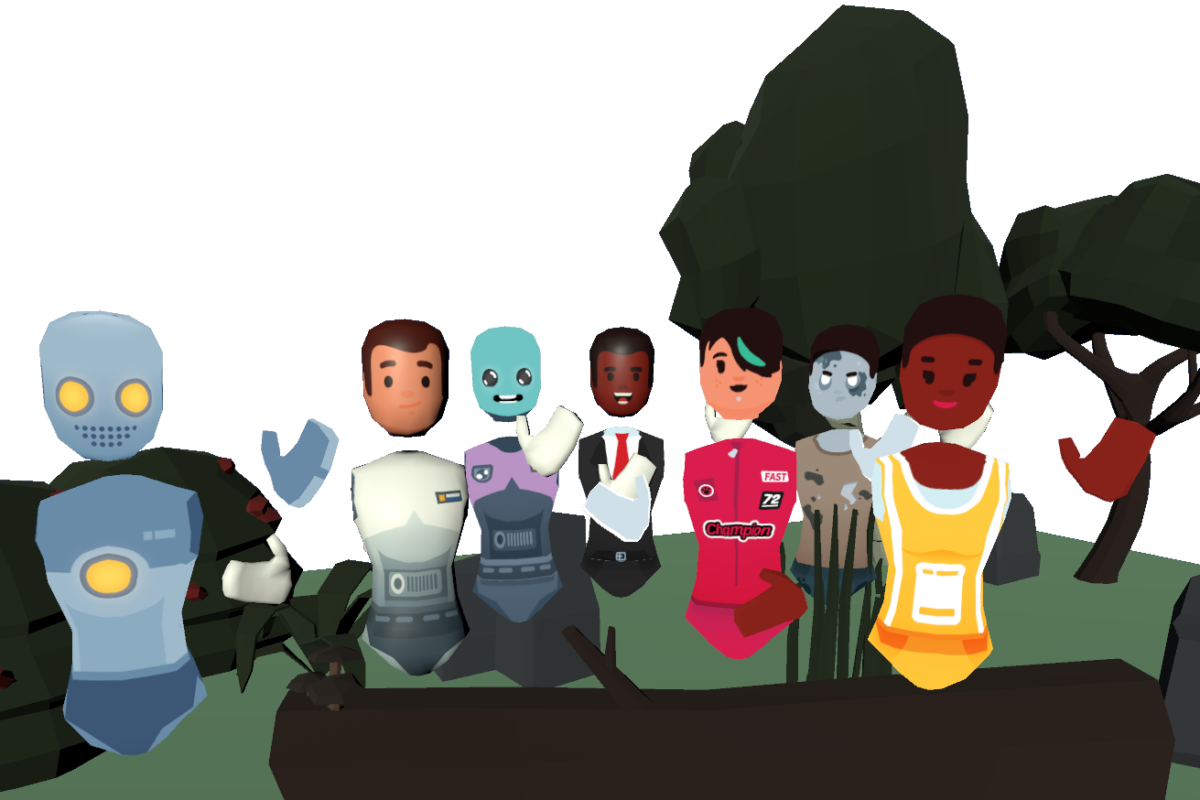Carousel will use UCL’s UBIQ networking library for low latency interaction between dancers.

After having experimented with several popular online virtual environments, the project has selected the UBIQ networking library developed and maintained by Virtual Environments and Computer Graphics Groups at UCL.
Layered on top of the Unity Gaming Engine, UBIQ offers Carousel partners its low-latency P2P networking capability, its lightweight architecture allowing a quick learning and adoption curve, and the fact it does not restrict the capabilities and APIs of Unity. Last but not least, UBIQ is open-software released under Apache 2.0 license. See here the link to the Github directory: https://github.com/UCL-VR/ubiq.
UBIQ addresses the two key basic requirements identified by the project:
- Sub human perception latency between dancers in different locations.
In a pair dance or more generally a group dance, the perceived reaction to a movement or a touch must be immediate. Any delay will disrupt the dance and make the dancers uncomfortable.
It appears that current popular VR environments have rather important delays (illustrated with this video : https://www.youtube.com/watch?v=AuzgpsHODVU) - Availability of open APIs allowing full control over avatars.
Carousel dancing scenarios mix Human controlled and AI controlled avatars.
The Carousel partners are delighted to announce this concrete step for “starting the cooperation with the other projects and beneficiaries of the EIC/Pathfinder pilot. UCL represented by Ben Congdon has been invited to participate to Carousel’s Hi Level Advisory Board on June 25th.
For more information please contact info@carouseldancing.org

